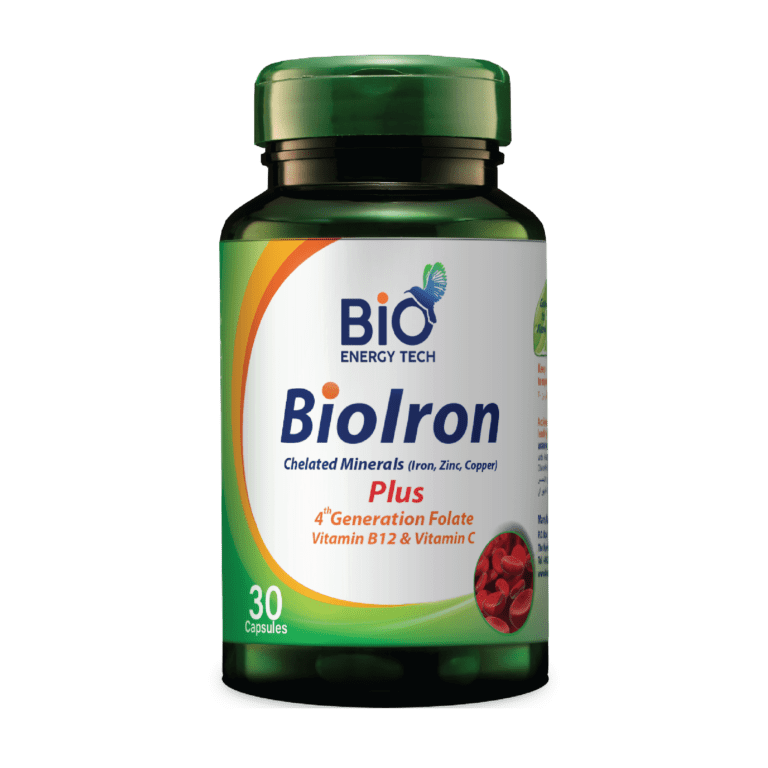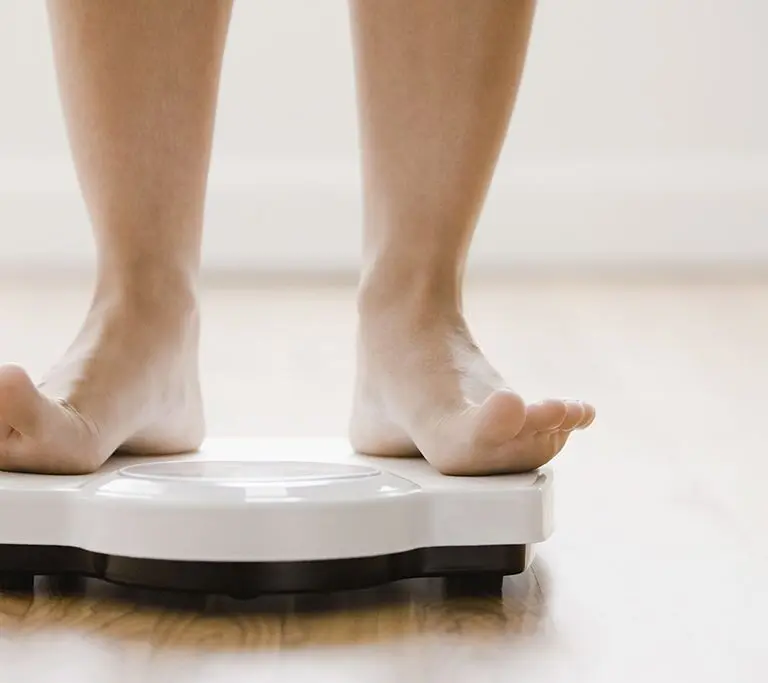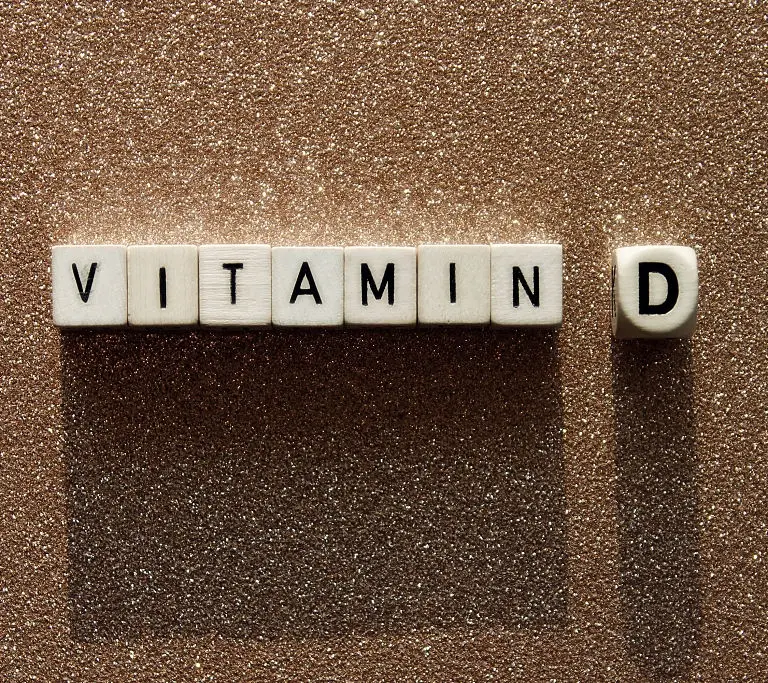Iron supplements can help reverse and treat low serum iron levels as well as prevent the decrease of preexisting normal iron levels in the blood due to anemia or pregnancy. The human body needs this mineral to produce red blood cells and maintain its overall health.
How to take iron supplements?
- Iron pills should be taken on an empty stomach, usually one hour before food or two hours after meals to ensure optimal absorption. However, if you notice an upset stomach due to this then you may take this medication with food.
- It is best to avoid taking antacids and consuming dairy products, tea, or coffee 2 hours before or after taking iron supplements because they will reduce its effectiveness.
- Iron pills are to be swallowed with a full glass of water.
- Avoid lying down for 10 minutes after taking the iron pills.
- Consuming foods that contain vitamin C, such as citrus fruits, increases iron absorption.
Symptoms of Iron Deficiency
The most prominent signs and symptoms of iron deficiency are:
- Fatigue and weakness
- Pale skin
- Heart palpitations
- Shortness of breath
- Dizziness
- Headache
- Chest pain
- Spoon nails
- Brittle nails
- Hair loss
- Pica; unusual cravings for non-nutritive substances, such as ice, dirt or starch
- Swelling of the tongue
Importance of Iron
- Iron Supplements for Pregnant Women
Iron is one of the main nutritional supplements required during pregnancy to prevent the development of physiological anemia, which results from iron storage depletion during pregnancy. A pregnant woman’s body uses iron its iron stores to make extra blood for the fetus thus the amount of blood in the body increases which reduces the concentration of hemoglobin and red blood cells in the mother. Therefore, pregnant women need to compensate for this by consuming iron before and during their pregnancy to increase their iron stores and prevent anemia. This is essential to maintain the mother’s and baby’s health and deliver adequate amounts of oxygen to both of them.
Iron & Hair Health
When iron deficiency or anemia occur, the amount of oxygen that reaches cells in general decreases. This also includes a reduction of oxygen delivery to hair follicles leading to hair loss. Hair loss due to iron deficiency is temporary and it can simply be reversed by taking iron pills to restore the hair’s vitality.
Iron for Women
The menstrual cycle depletes a woman’s iron stores due to blood loss while menstruating. This makes women more vulnerable to anemia and iron deficiency than men. Therefore, women are advised to undergo periodic tests for iron levels and to replace them if necessary through diet or iron pills.
Iron & Dialysis
Many people undergoing dialysis need extra iron.
The kidneys are responsible for making erythropoietin which is an important hormone that helps the body make red blood cells. If a patient’s kidneys are malfunctioning or failing, anemia is often one of the resulting symptoms. Iron must be promptly replaced and its levels monitored continuously.
Side Effects of Iron
- Diarrhea
- Constipation
- Stomach pain
- Stool discoloration; usually to a blackish color that is not harmful.
- Allergic reactions, which are rare but serious. They typically begin with a rash followed by swelling of the tongue and difficulty breathing. If such symptoms occur, call 911 directly or visit the nearest emergency department.
Precautions to Consider Before Use
If you have any allergies to iron please inform your doctor immediately. The required iron dose is determined by your doctor and this dose shouldn’t be exceeded. If you’ve had any previous conditions such as alcoholism, peptic ulcers, intestinal problems or inflammations, your doctor should be informed as well.
Iron Drug Interactions
- Iron & Dimercaprol
These two medications shouldn’t ever be taken simultaneously.
- Oral Iron Salts & Levodopa:
Levodopa is a neurotransmitter that is primarily used for Parkinson’s disease. This drug dangerously interacts with iron supplements in the body.
- Divalent/Trivalent Cations (Iron) & Tetracyclines:
Tetracycline antibiotics shouldn’t be consumed with iron supplements.
- Antacids:
Iron interferes with antacids as well as with many other medications in general, therefore it is strongly recommended to inform the doctor of all medications a patient is taking as well as all diseases he suffers from, if any.
RELATED PRODUCTS
-
30 Capsules
Ferrolina – Iron with Spirulina Capsules | 27 mg Ferrous Bisglycinate + 340 mg Spirulina | Gentle on Stomach | 30 Capsules | Halal Certified
20.71 $ USDAdd to cartRated 0 out of 5 -
30 Capsules
BioIron | Gentle Chelated Iron Supplement with Folate, Vitamin C & B12 | 30 Capsules | Halal Certified
19.22 $ USDAdd to cartRated 0 out of 5








